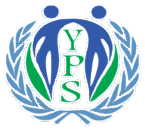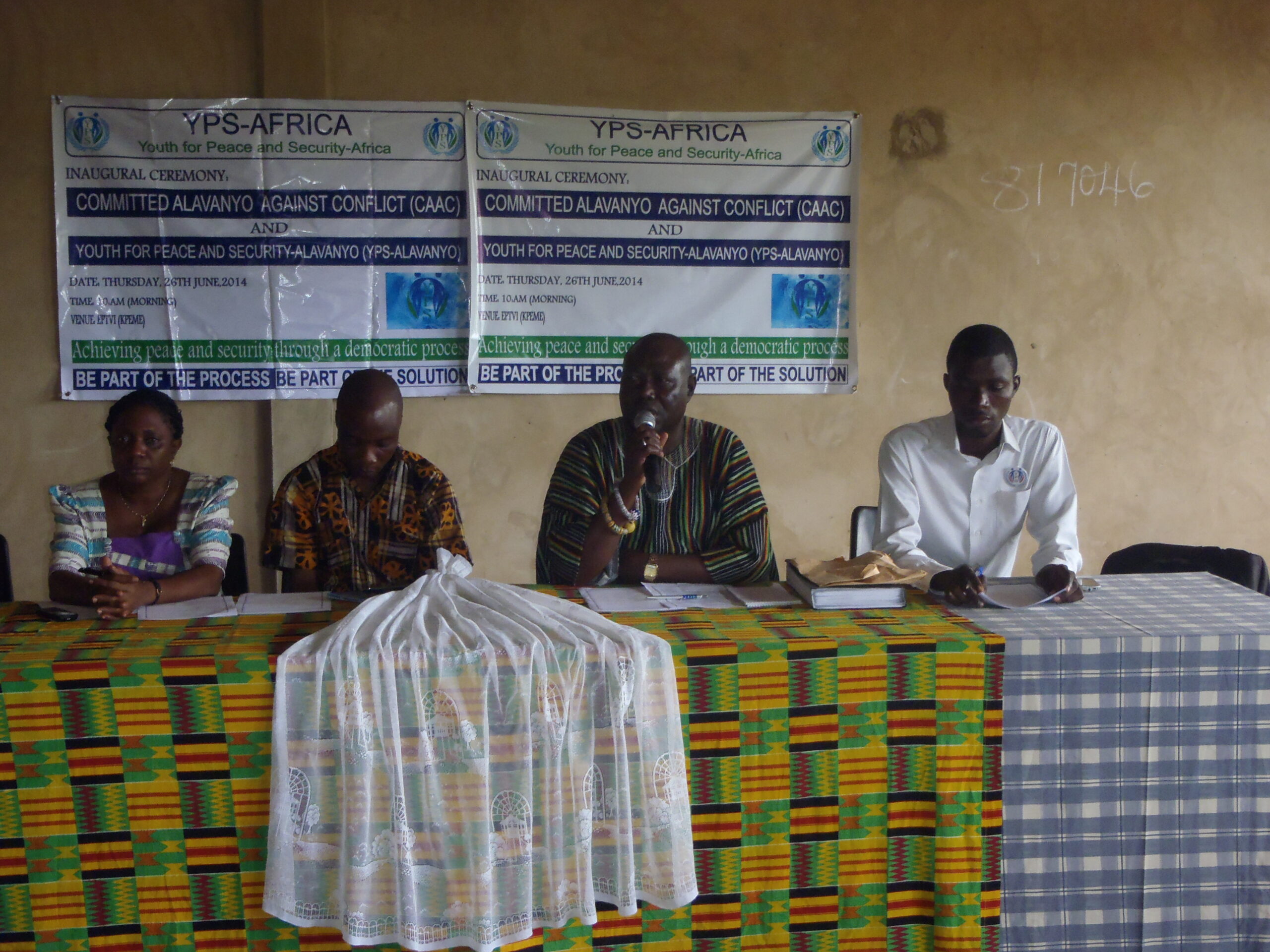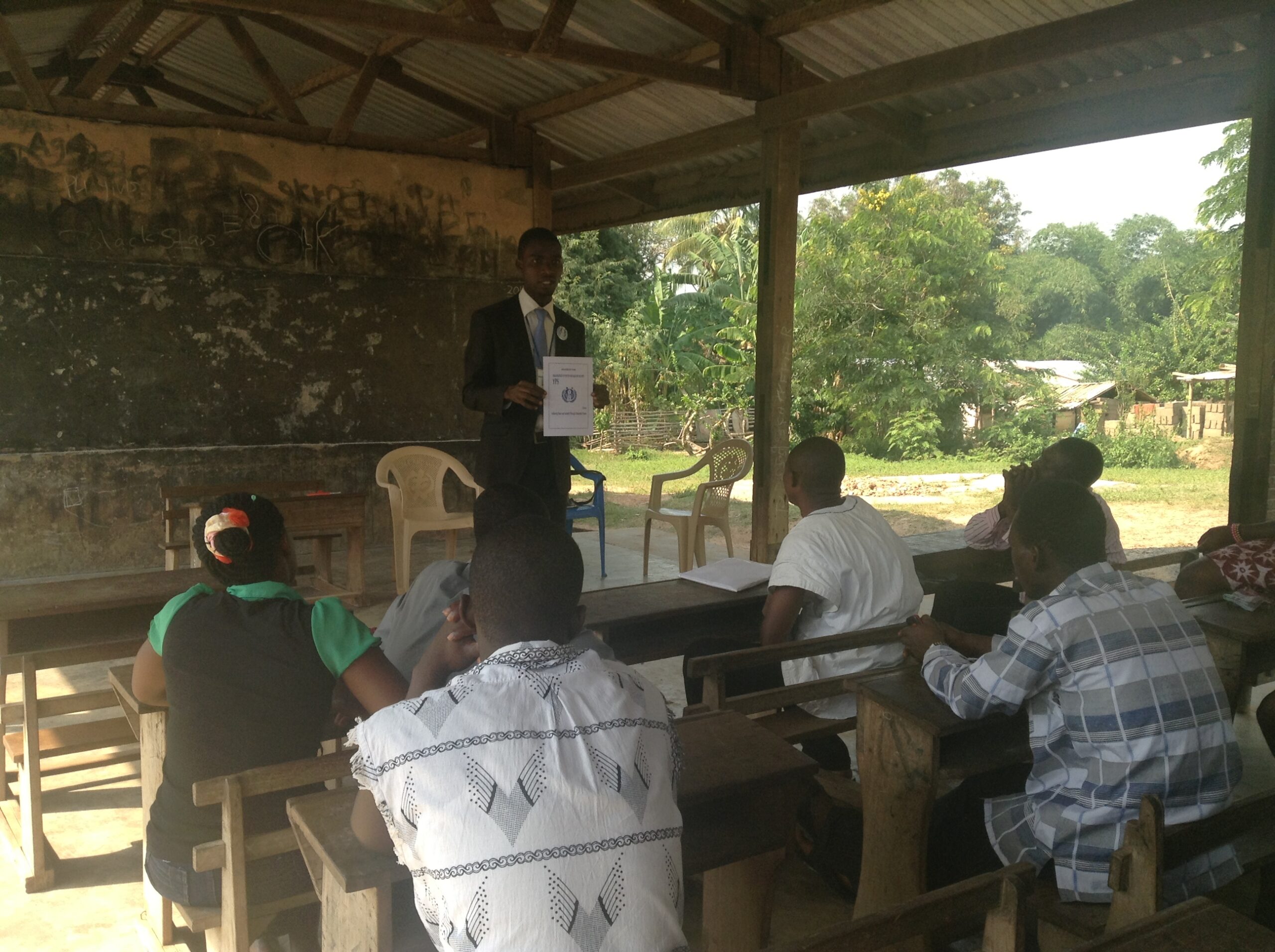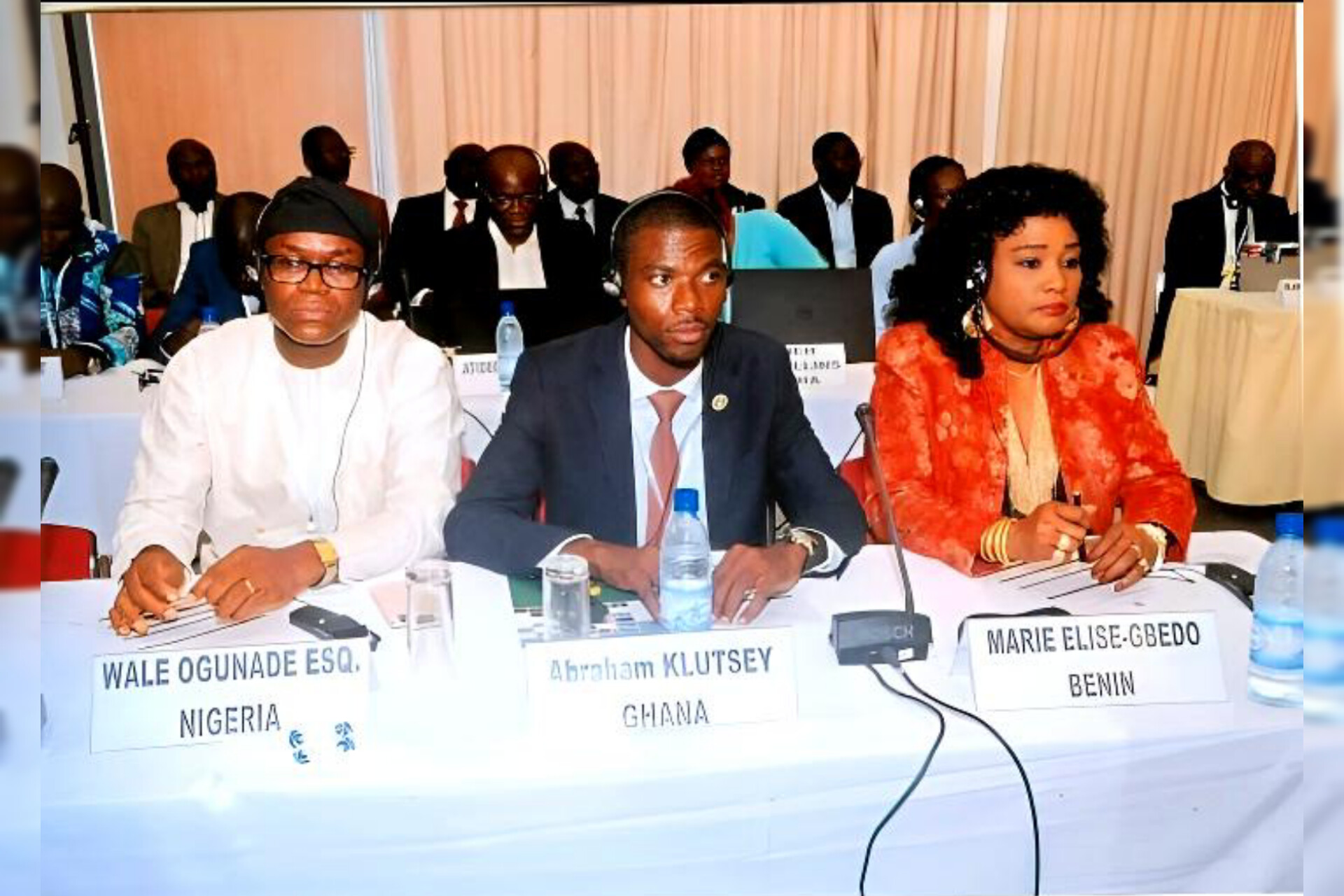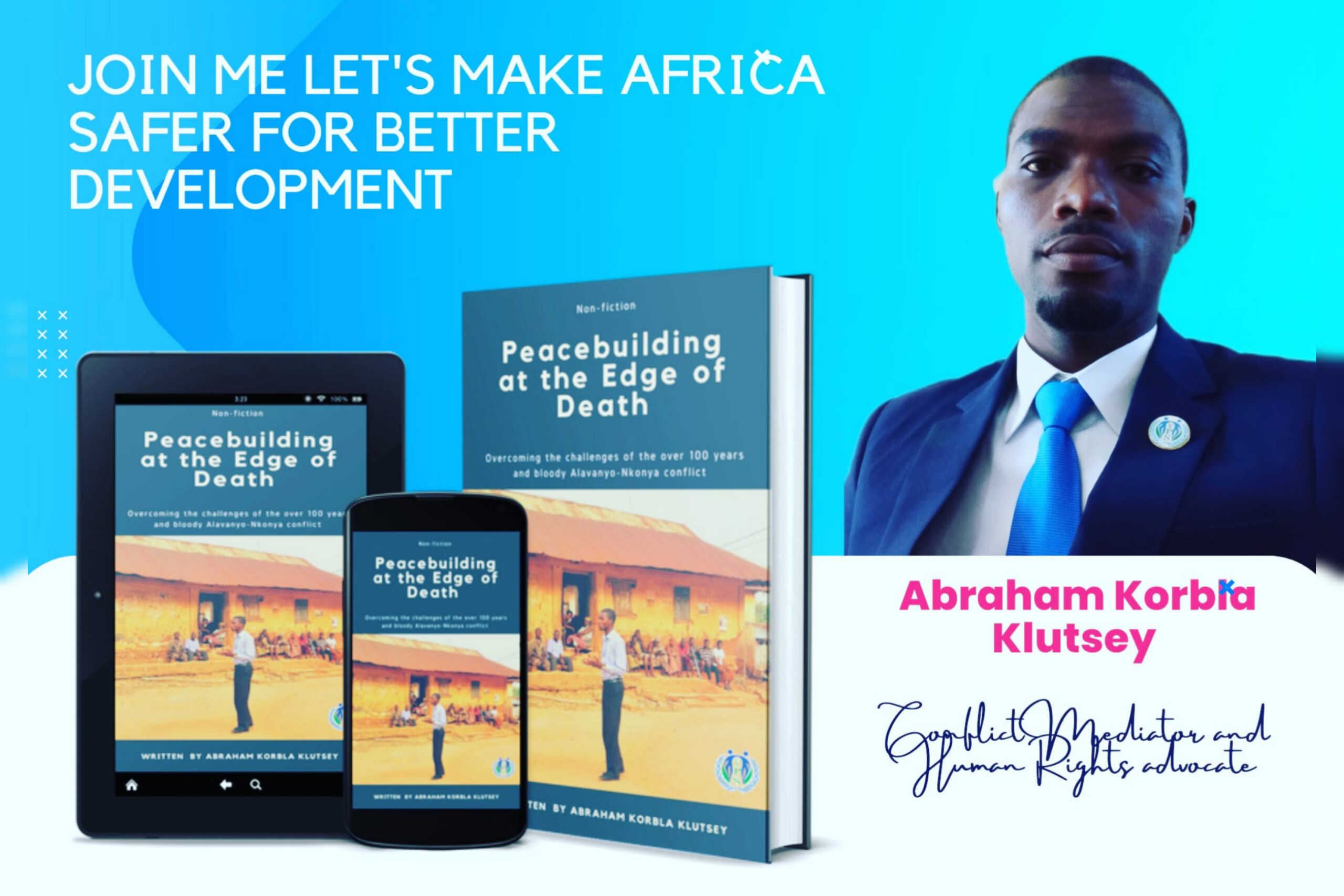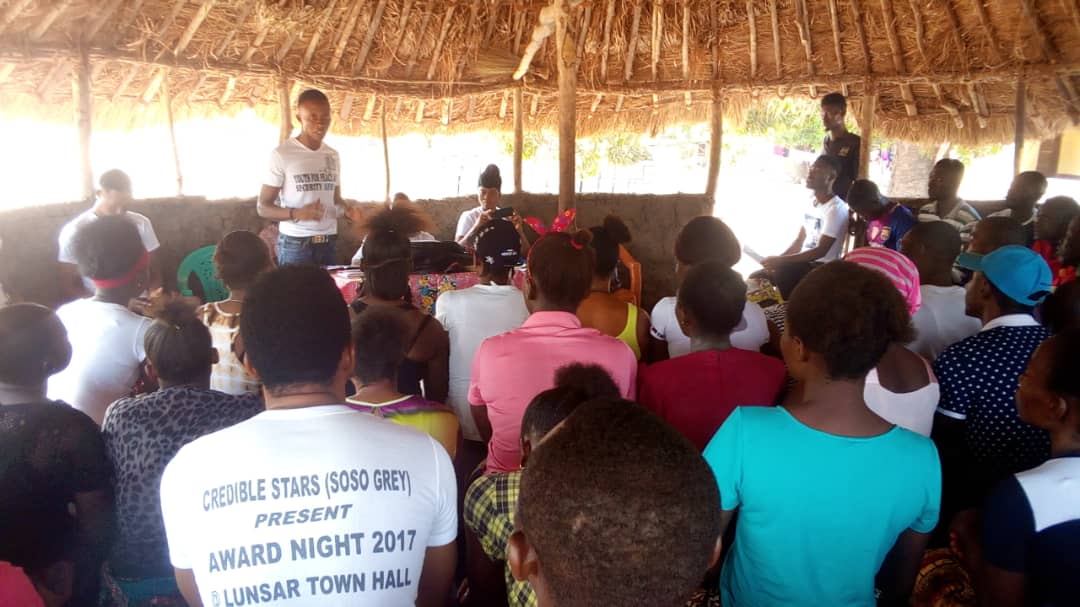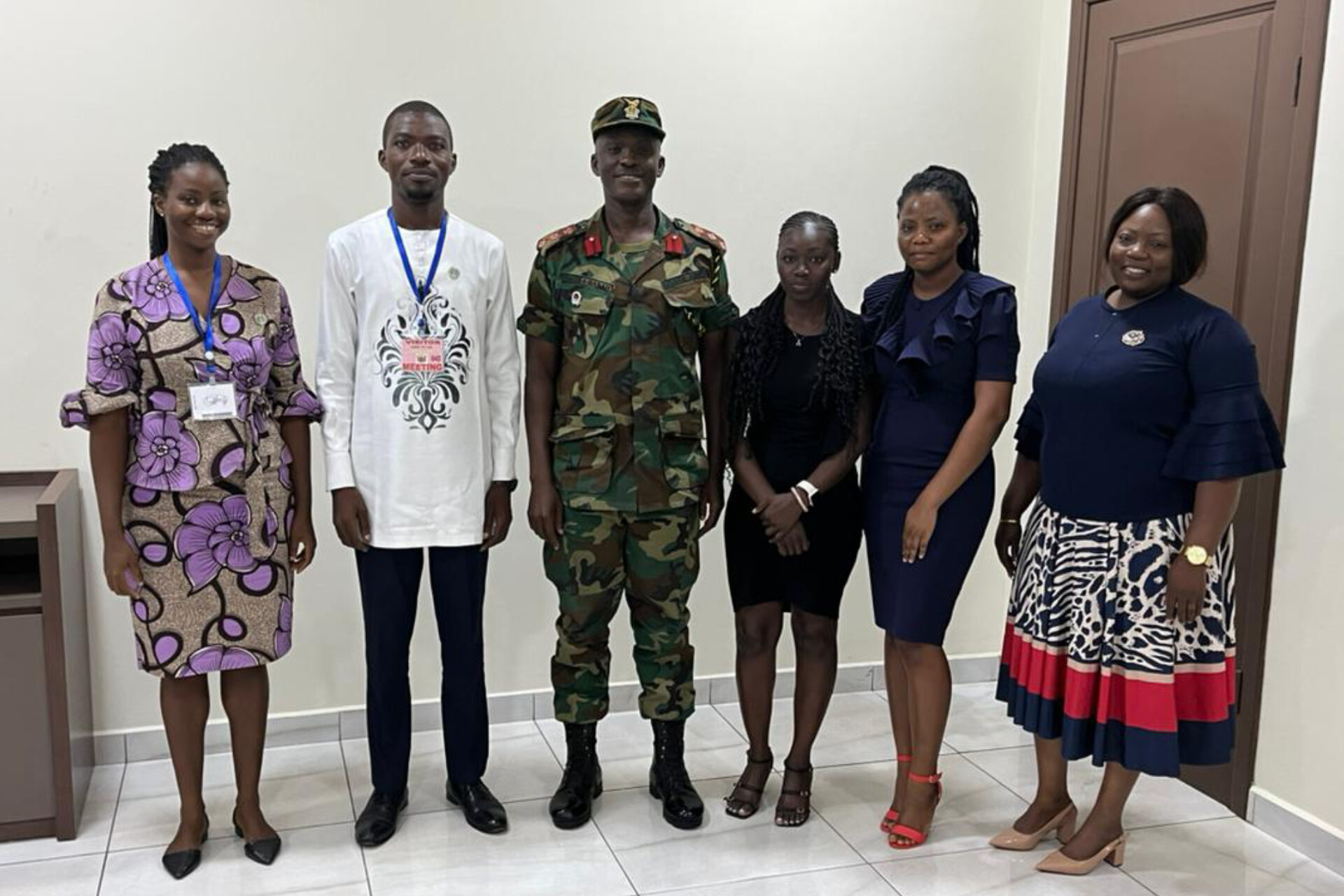A few words about
What we do
on-going project
Community-led Peacebuilding & Conflict Resolution in Northern Ghana
12,000 indigenous youth and women to be trained and engaged in community-led peacebuilding initiatives and conflict resolution in Northern Ghana (Norther, Savannah, Upper East, Upper West Regions.
Hon. Abukari Yakubu Gubli
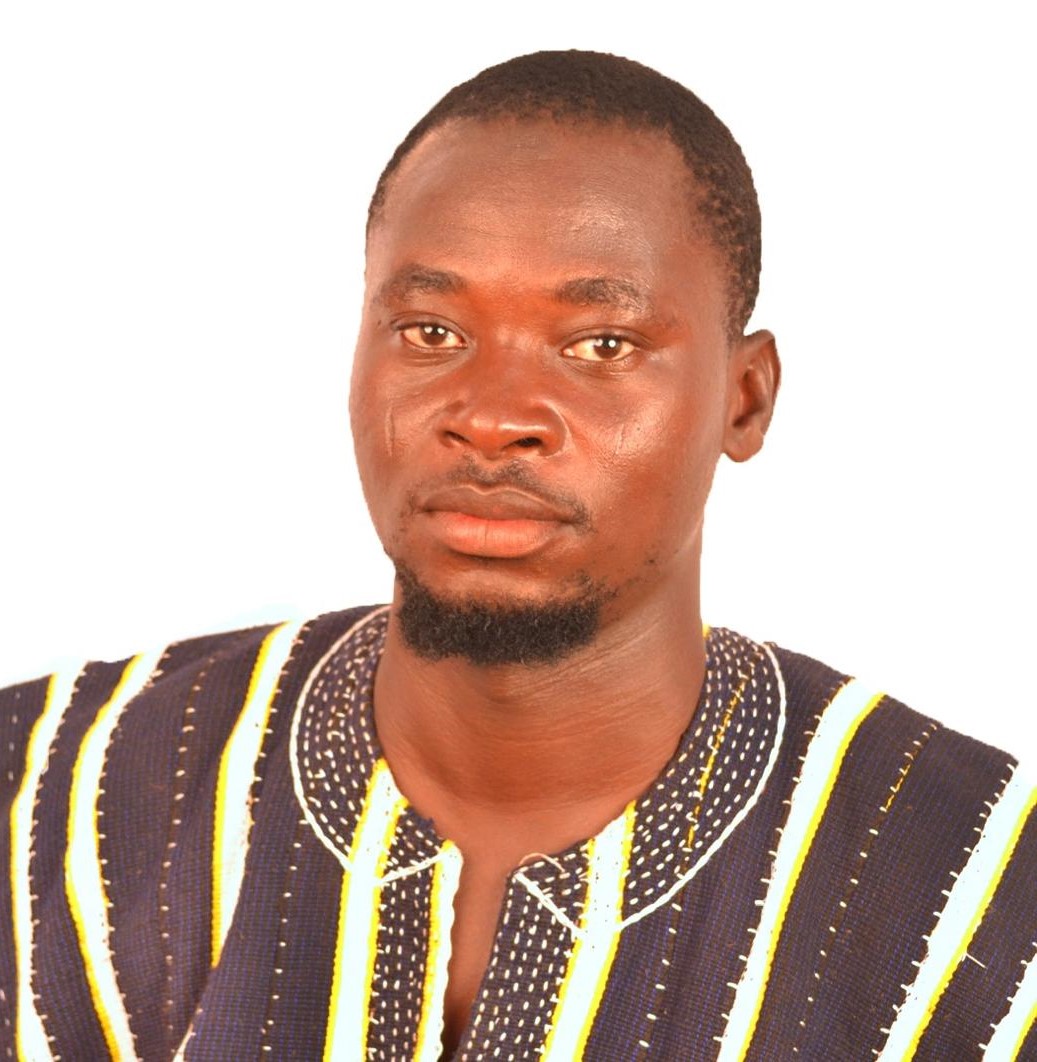
Details of the project
INTRODUCTION
Northern Ghana has faced a long history of recurring violent and protracted conflicts, deeply impacting the socio-economic and cultural fabric of the region. These conflicts, often exacerbated by unresolved historical disputes, chieftaincy rivalries, land ownership disagreements, and political divisions, have led to devastating consequences, including the loss of countless lives, displacement of families, destruction of livelihoods, and significant disruption of peace and stability. Tragically, men, women, and children, often innocent bystanders,have fallen victim to these clashes, alongside security personnel deployed to restore order.
The persistent instability in Northern Ghana has also had a ripple effect on national development. Resources that could otherwise be directed toward education, healthcare, and infrastructure have been diverted to manage crises and provide humanitarian relief. This dynamic has perpetuated cycles of poverty and underdevelopment in conflict-affected areas, leaving communities vulnerable to exploitation, criminal activities, and further violence.
In light of these challenges, the active engagement of youth and women, who often bear the brunt of these conflicts, presents a transformative opportunity. Youth, particularly, are frequently drawn into violence either as active participants or victims, while women endure profound social and economic hardships as caregivers and heads of households in displaced communities. However, with the right empowerment, these groups can be repositioned as invaluable contributors to peacebuilding and conflict prevention efforts.
This initiative proposes a comprehensive approach to equip, empower, and mobilize 1,200 youth and women from conflict-prone communities, including those affected by the ongoing Bawku conflict. By fostering collaboration between local youth, women leaders,traditional authorities, community leaders, and security agencies,including the police, military, and national security—this program aims to:
- Enable youth and women to act as early warning systems, detecting andreporting potential triggers of violence.
- Mitigate the proliferation of small arms and light weapons, which fuel the escalation of violence.
- Promote community-led reconciliation processes to address underlying grievances and rebuild trust.
- Prevent the escalation and spread of localized conflicts to neighboring communities.
- Support security agencies in identifying and addressing criminal activities linked to conflicts, such as armed robbery, illegal arms trade, murder, and drug trafficking.
- Facilitate peace dialogues and establish sustainable mechanisms for conflict resolution and coexistence.
- OBJECTIVES
General Objective:
To build the capacity of youth,women, and communities in Northern Ghana to
actively participate in conflict prevention, resolution, and peacebuilding efforts.
Specific Objectives:
- Equip youth with conflict resolution and peacebuilding skills to prevent violent clashes.
- Establish a youth-led peace network to complement security agencies’ efforts in maintaining peace.
- Reduce youth involvement in armed conflicts by mobilizing families and friends to discourage participation.
- Enhance collaboration between communities and security agencies for intelligence sharing on criminal activities.
- Promote alternative dispute resolution (ADR) mechanisms through communityled initiatives.
- JUSTIFICATION
The continuous cycle of violent conflicts in Northern Ghana has devastating effects on development, displacing families, disrupting education, and weakening local economies. The youth, who form the majority of the fighting groups, are often manipulated by conflict profiteers, political figures, and criminal networks. This project addresses the gap in engaging young people in peacebuilding efforts by:
- Offering training and capacity building to empower them with peacebuilding skills.
- Establishing a structured youth-led network to support government security interventions.
- Encouraging families and friends to prevent their loved ones from engaging in violence.
- Providing security agencies with community-based intelligence to prevent crimes and arms proliferation. By integrating youth into peace processes, this initiative will create sustainable community-led solutions for conflict prevention and resolution.
- TARGET BENEFICIARIES
- Youth from conflict-prone areas (including Bawku, Yendi, Bolgatanga, Tamale, and Wa).
- Community leaders, chiefs, and religious leaders interested in peacebuilding.
- Friends and family members of individuals involved in violent conflicts.
- Women and youth activists advocating for non-violent approaches to conflict resolution.
- Local security agencies (police, military, national security) interested in
community-based peace initiatives.
TARGETTED NUMBER OF PARTICIPANTS:
1,200 youth and community members across Tamale, Nalerigu,Wa and Bolgatanga.
- GENERAL TRAINING DETAILS
Session 1: Introduction & Setting the Stage
Welcome and opening remarks.
Overview of the training program and expectations.
Session 2: Armed Conflicts and Their Consequences on Development and Lives
Case studies of violent conflicts in Northern Ghana.
Socioeconomic and psychological effects of conflicts.
Session 3: Identifying Violence-Driving Factors in Conflicts
Political, economic, and social drivers of violence.
Youth radicalization and involvement in armed conflicts.
Misinformation and hate speech as triggers of violence.
Conflict Resolution Strategies & Local Peacebuilding Approaches
Session 4: Community-Led Peacebuilding Methodologies and Processes
Designing effective community peace committees.Session 5: Segregation of Interests, Fears, Threats & Perceptions
Understanding different conflict stakeholders.
Fear and perception analysis in conflict mediation.
Session 6: Youth-Led Mediation & Dialogue Techniques
Practical negotiation skills for peace.
Role-playing peace talks among community groups.
Information Sharing & Security Collaboration
Session 7: Information Management in Conflict Prevention and
Resolution
Countering misinformation and propaganda.
Establishing Early Warning and Early Response (EWER) systems.
Session 8: Networking with Security Institutions
Understanding the role of police, military, and national security.
Best practices for youth collaboration with security forces.
Interactive session with security officials.
Closing Ceremony & Next Steps
Presentation of certificates and free books: Peacebuilding at the Edge of death
Establishment of a Youth & Community Peace Network.
- Expected Outcomes
- Youth and women participants equipped with conflict resolution and
peacebuilding skills.
- Formation of a Youth,Women & Community Peace Network to assist
security agencies.
- Reduction in the number of youth engaged in conflicts.
- Improved collaboration between youth, communities, and security agencies.
- Increased intelligence sharing on criminal activities linked to conflicts.
- Project Implementation Team
Project Coordinator – Oversees program execution.
Lead Peacebuilding Trainer – Facilitates training sessions.
Community Mobilization Officers – Engage and recruit participants.
Security Liaison Officers – Connect participants with police and military.
Monitoring & Evaluation Team – Track impact and outcomes.
Conclusion
This project is a bold case for Community-led peacebuilding and a timely intervention in addressing violent conflicts in Northern Ghana. By empowering youth, women and communities as peace actors, building community-security relationships, and reducing youth participation in violence, this initiative will create long-term sustainable peace solutions.
What we do
Youth for Peace and Security - Africa (YPS-Africa)
Youth for Peace and Security – Africa (YPS-Africa) is a dynamic Pan-African organization committed to advancing peace, security, and human rights across the African continent through youth-led and youth-focused approaches. Our organization was born out of the urgent need to reposition African youth as powerful agents of change in preventing conflicts, promoting reconciliation, and building sustainable peace in their communities and countries.
Peacebuilding and Conflict Resolution:
We train and empower young people and women in community-led peacebuilding and non-violent approaches to conflict resolution, helping them become mediators, advocates, and peace ambassadors in regions affected by conflict.
Youth Mobilization and Leadership Development
Through leadership training, mentorship, and strategic engagement, we strengthen youth participation in governance, peace processes, and policymaking.
Advocacy and Policy Engagement:
We engage with governments, the African Union, ECOWAS, civil society, and international organizations to ensure youth voices are represented in decisions that affect peace, security, and development.
Research, Dialogue, and Knowledge Sharing
We conduct research on youth, peace, and security issues and provide platforms for intercultural and intergenerational dialogue, ensuring that solutions are rooted in local realities and informed by lived experiences.
Creative and Cultural Peace Messaging
Initiatives like graffiti murals, peace poetry campaigns, and media productions give voice to youth perspectives and engage broader society in peacebuilding efforts.
Rapid Response and Early Warning:
We empower young people to gather and analyze local data, monitor tensions, and engage with stakeholders to prevent escalation into violence.
